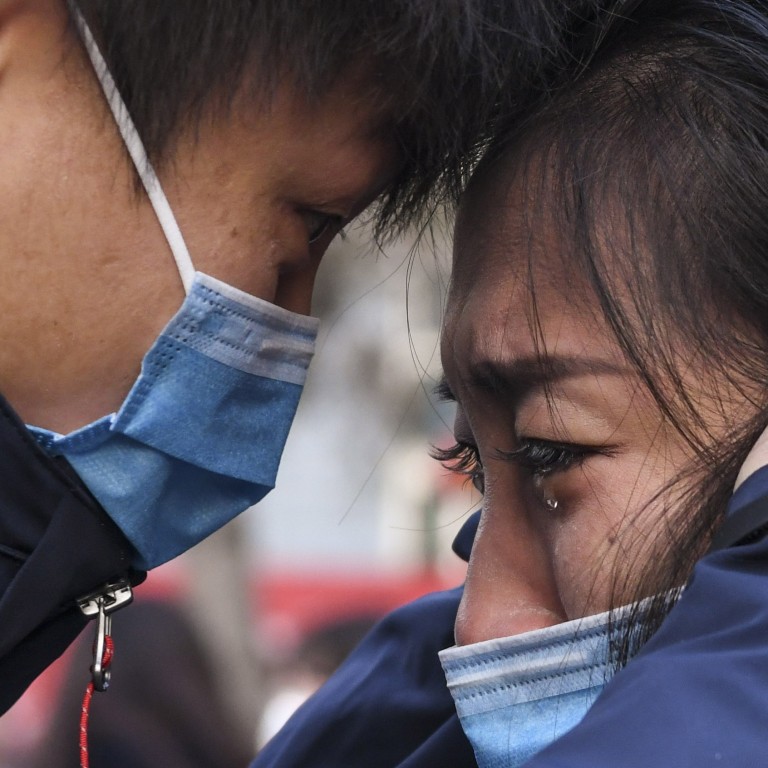
Viral connectivity means we all have to accept the threat of disease and disaster
- In an increasingly interconnected world, those of us who enjoy the fruits of globalisation must also bear its risks: climate crisis, drug resistance and emerging epidemics. As the Wuhan outbreak shows, we must work together
Returning from London, I landed at airports that seem to be from outer space, with everyone in masks and health inspectors in what looked like spacesuits. The World Health Organisation has warned that the world must be better prepared against the spread of the Wuhan coronavirus, which has infected thousands worldwide and killed over 200 in China.
Knowing how viruses operate may help allay such fears. A life form that is lower than a cell, a virus replicates by infecting the cells of a living host such as a plant, animal or human. Viruses that kill their hosts too quickly or kill too many hosts do not last long either, so eventually, viruses become less fatal, and immunity is conferred.
Chinese authorities acted responsibly in quickly sharing with the worldwide scientific community what they knew about the coronavirus after it was first detected in December. Recently, an Australian laboratory isolated and successfully grew the virus in cell culture. Hopefully, an antiviral drug can be found soon.
The world’s poorer regions are overpopulated, crowded and have poor hygiene. They bear the brunt of any viral outbreak because they cannot afford better hospital and treatment facilities, nor are their public health education and practices up to global standards.
Viral connectivity means that what happens in the poorer and less-well-managed places of this world will have an impact on us, whether we like it or not. We cannot shut out the world; we are all interconnected and interdependent as a result of globalisation.
Almost all the medical experts surveyed felt that the climate crisis demands better coordination and cooperation to tackle the health challenges arising from the changes brought by urbanisation, ageing demographics and technology. This is why any viral pandemic will stress test not just the quality of bureaucracy, but also the ability of the political system to deal with the outbreak.
Wanted: Creative thinkers to solve the world’s ‘wicked problems’
There is nothing like a crisis to force us to focus on what is most important. In most cases, this must be our health, both physical and mental. We cannot enjoy the fruits of our development if all of us, rich or poor, young and old, are exposed to the same pandemics.
We should be spending more time as a family or community, rather than sitting on our own, scrolling on our smartphones for the next piece of news or entertainment.
The latest viral outbreak has unveiled the cumulative ills of inequality, bureaucratic inadequacies, globalisation and bad education in dealing with complex crises caused by climate change. In dealing with the physical threat of a viral infection, the foremost barrier is how to cooperate with each other.
At a time when the world needs more empathy and greater cooperation to deal with common threats, we face instead more social polarisation.
The viral connection is a two-way street. Those of us who enjoy the fruits of globalisation must also face and accept the threats.
In short, if a pandemic crisis that threatens mutual destruction cannot bring reconciliation and cooperation in the world, does it mean we are set on a path of mutually assured destruction? That is what every one of us who do not like the present situation, from protesters to leaders, have to ponder.
Andrew Sheng writes on global issues from an Asian perspective

